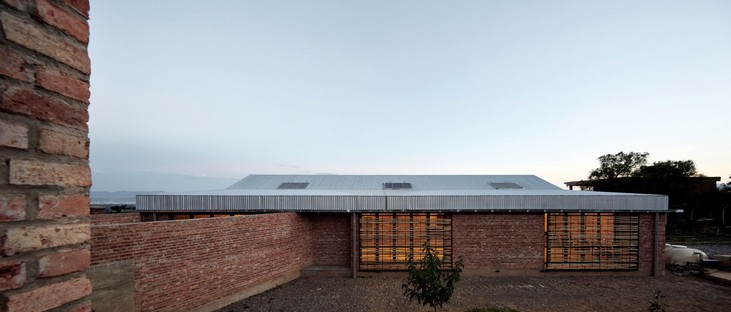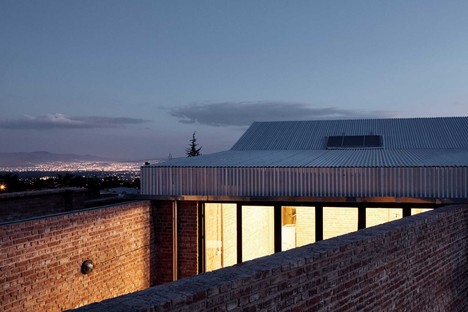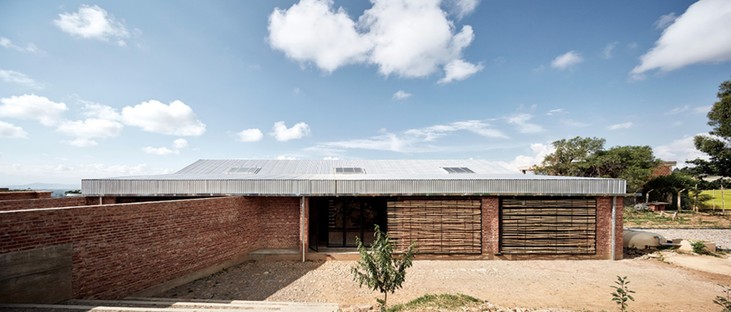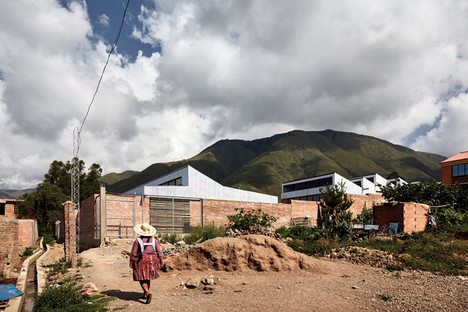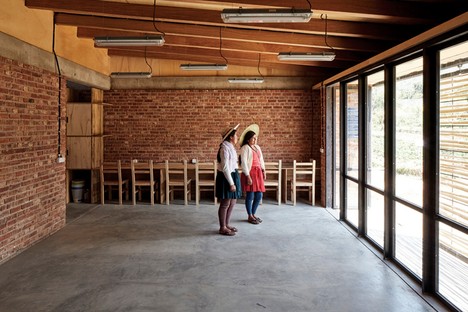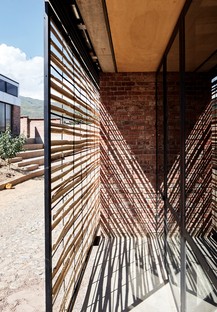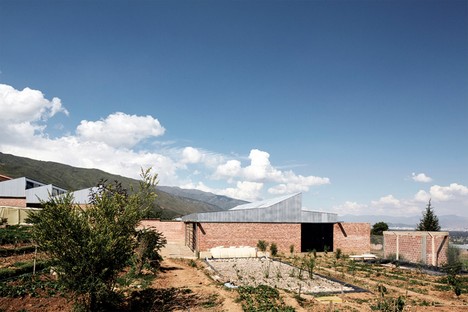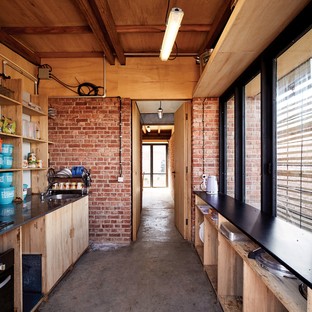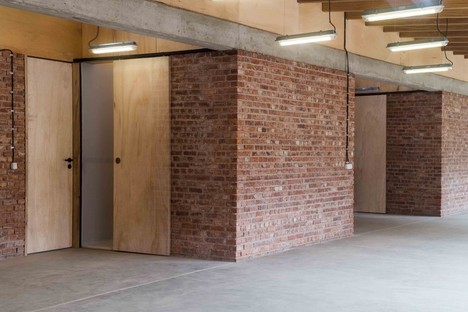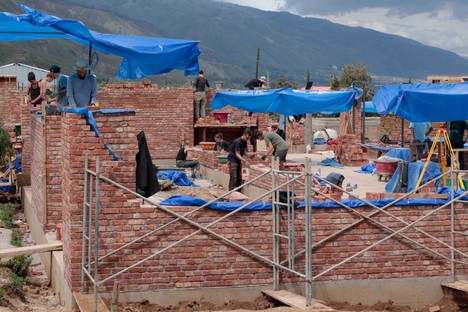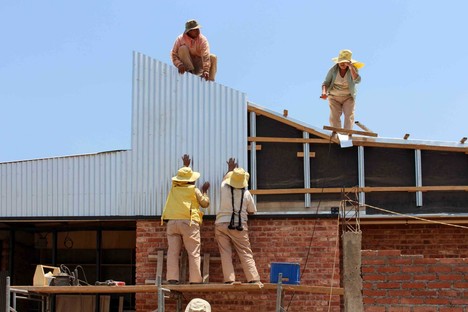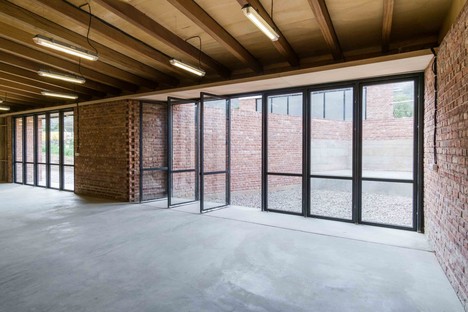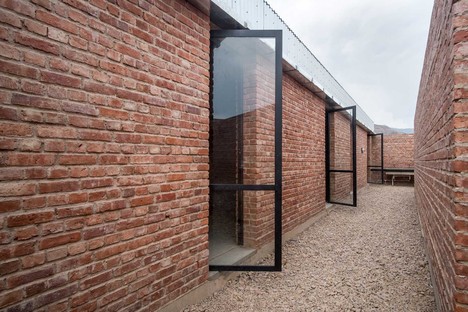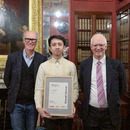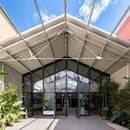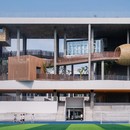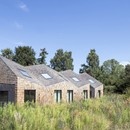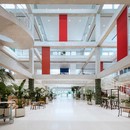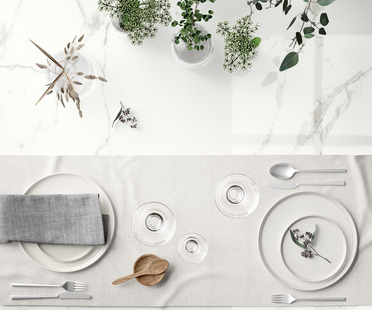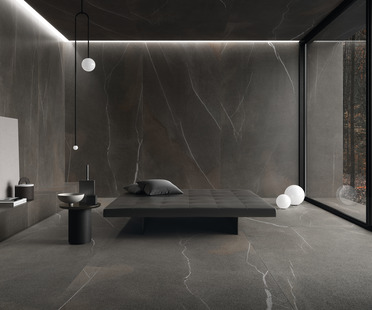01-03-2019
CODE and Ralf Pasel Boarding School Bella Vista Agronomy Campus Bolivia
CODE + Ralf Pasel,
Cristóbal Palma,
Cochabamba, Bolivia,
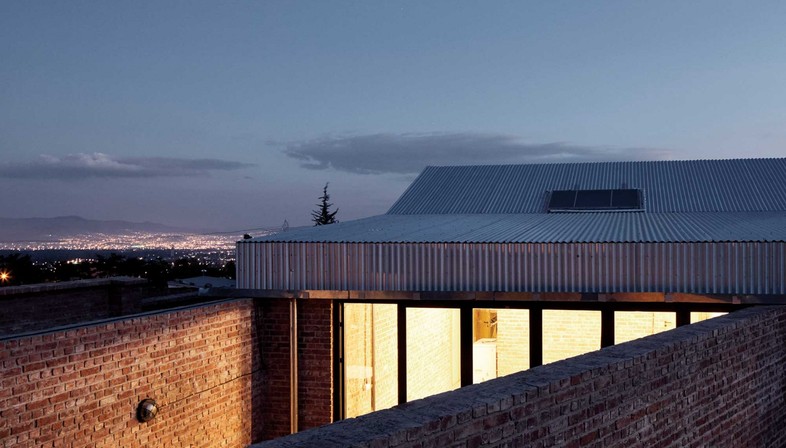
About 20 km from Cochabamba, Bolivia, in the village of Bella Vista at an altitude of 2800 m, "Fundación Cristo Vive Bolivia" has been organising a series of initiatives providing social and cultural support for the poorer members of the population since 1999. In the context of these initiatives planned to suit the needs and potential of the area and its inhabitants, and their concept of development, architect and professor Ralf Pasel was invited to design the Bella Vista Agronomy Campus, working with the Department of Structural Design and Construction (CODE) and students from the Institut für Architektur at Technische Universität Berlin.
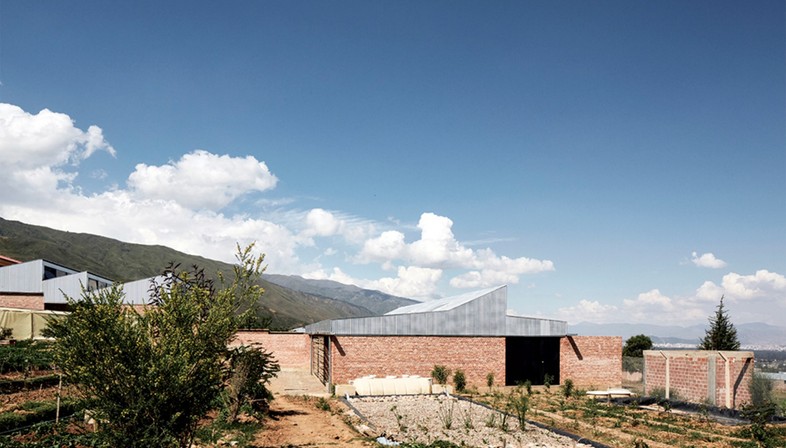
Germany has been cooperating with Bolivia since 2011, primarily by helping small landowners to adapt their agricultural practices to climate change and combating the depopulation of the countryside. Bolivia has been identified as one of the ten countries in the world most likely to bear the brunt of climate change in the future. The new building designed by the team led by architect and professor Ralf Pasel is a student residence completing Bella Vista Agronomy Campus, a school that will offer young people from poor families concrete hope for the future and act as a centre of innovation and professional development in organic agriculture. The project was developed in close collaboration with Universidad Mayor de San Simón de Cochabamba, Bolivia’s biggest university, and with Dr. Blieske of the institute for agricultural machinery and renewable energy technologies. The foundation’s request to oversee the design and construction of the building offered students from the university in Berlin an opportunity to work on a real project in an international context.
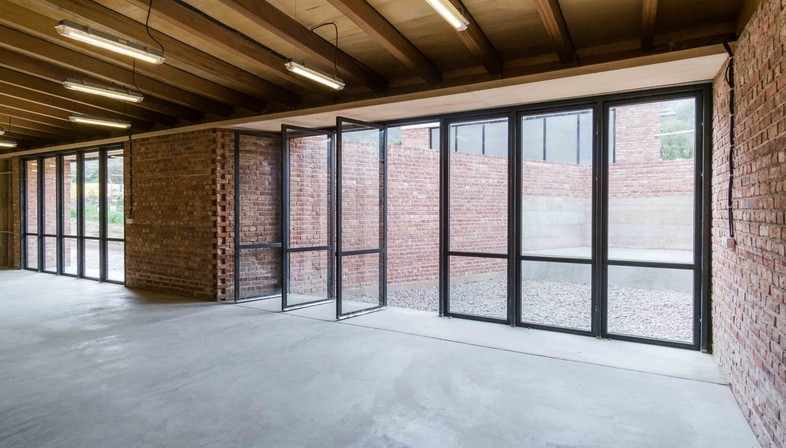
The new building completes the agrarian school built in 2013-2015 by the team led by professor Ralf Pasel with new functions: a student dormitory, a staff room, a kitchen, a dining and study hall and washrooms. It also includes areas for socialising and for hosting meetings, events and sports.
In terms of design, as in the school, the architects sought a simple, economical, sustainable construction solution that would not require specialised labour and would meet its users’ needs. The school required spaces that would combine theoretical learning with practical activities in the field, and so the school building consists of three identical massive volumes with shed roofs, divided by two open but covered patios that let daylight into the classrooms, join adjacent spaces and permit educational activities in the field. The student residence, on the other hand, is a single volume on one level on the southeast edge of the area. In terms of layout, it is divided into three parts on the basis of function: an area for daytime use overlooking the fields and the plaza shared with the school, and a night-time area facing onto a private inner courtyard and the utility and service areas. The two buildings share a number of technological systems, such as the photovoltaic panels and collection and recycling of rainwater, wastewater and sewage.
(Agnese Bifulco)
Architects: CODE + Prof. Ralf Pasel + TU Berlin
Team: Ralf Pasel, Andreas Skambas, Lorena Valdivia, Anna Wortmann, Max Hacke with Students of TU Berlin
Client: Fundación Cristo Vive Bolivia
Location: Cochabamba, Bolivia
Date: 2015-18
Photos: Cristóbal Palma
bellavista.code.tu-berlin.de
www.code.tu-berlin.de










